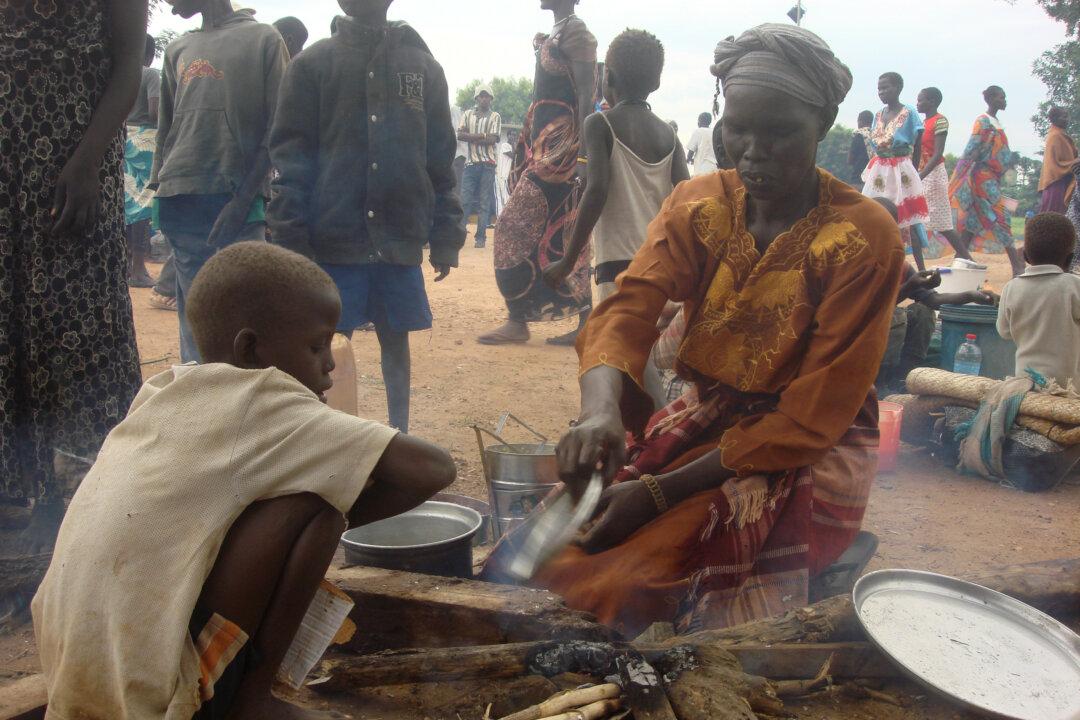For Iranian 8-year-old Mahan Rahimi, life had become a torment. Because he was going bald due to an unknown illness, he was the target of ceaseless bullying from his companions at school. He had become one of the millions of children and adolescents who suffer the daily consequences of bullying throughout the world.
He had one of the essential prerequisites for being bullied: a physical characteristic (baldness) that made him different from the rest of the class. In the process of becoming bald, Mahan was also becoming a victim and a target of ridicule for his classmates.
Although higher forms of violence usually receive a lot of media attention, it is only since the 2000s that the issue of bullying, characterized as emotional, verbal, or physical abuse, started to be addressed by parents, teachers, and researchers. According to 2010 statistics, 2.7 million students are bullied every year in the United States. Also, one in seven students from kindergarten through 12th grade is a bully or has been a victim of bullying.
With the increase in social networking through personal communication devices the modes of bullying have diversified and increased. Today, for example, cyberbullying has become a serious problem that can cause physical or psychological damage and even lead to the suicide of the victims, something that has been reported recently several times in the United States. The 2010 statistics on this phenomenon show that there is an increase in cyberbullying compared to past years. According to UNICEF bullying and cyberbullying are two sides of the same coin.
Despite some efforts by parents, teachers, and school officials, bullying crimes are widespread. Bullying has a serious effect on children’s learning activities. It is estimated that 160,000 children miss school every day out of fear of being bullied. Seventy-one percent of students in the United States report bullying as an ongoing problem.
This type of aggression can have serious consequences on children’s performance at school. It is estimated that over 280,000 students are attacked in high schools throughout the nation each month. One out of every 10 students drops out or changes schools because of repeated bullying by his classmates.
Sheikh Shaltoot is the elementary school in Marivan, a Kurdish city in the west of Iran where Mahan is a student. His teacher, Ali Mohammadian, noticed that he was being bullied by his classmates as a result of an unidentified illness. As a result, Mahan had become isolated, became noticeably sad, and his class performance decreased.
When he became aware of the situation, Mahan’s teacher decided to shave his head to show solidarity with his student. Soon afterward, the whole class decided also to shave their heads and the bullying immediately stopped. This wasn’t the end of the movement, since the whole school also wanted to shave their heads.
The students’ actions became widely known from then on. Iran’s Education Minister Ali Asghar Fani, invited both him and his teacher to Tehran to thank them for their actions. The governor of the province, Abdolmohammad Zahedi conveyed President Hassan Rouhani’s congratulations and promised financial support for Mahan’s treatment.
According to doctors at the Razi hospital in Tehran, Mahan has problems with his immune system, but they were very actively investigating the exact nature of the problem and had sent samples of Mahan’s hair to Germany for help in diagnosing the condition.
In the meantime, the 45-year-old teacher was selected as “hero of the week” by the popular Iranian TV show “Paysh” and both he and Mahan had been the subjects of several interviews by the Iranian media. Mahan’s teacher’s action not only brought a smile back to his student’s face. It showed that through kindness bullying could be stopped.
Dr. César Chelala is a co-winner of an Overseas Press Club of America award.




